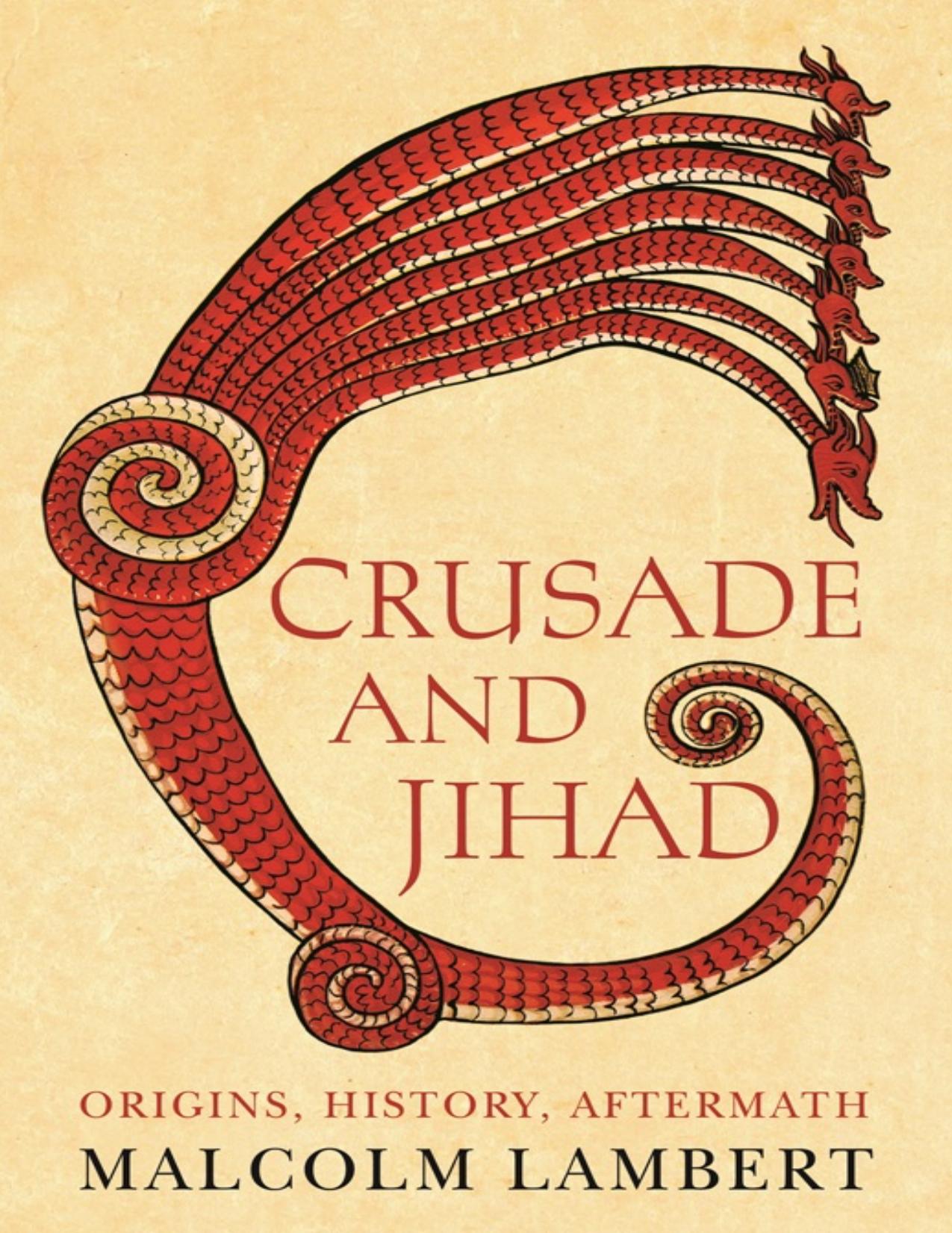Crusade and Jihad by Malcolm Lambert

Author:Malcolm Lambert
Language: eng
Format: epub, pdf
Publisher: Profile Books
The Siege of Acre
The armies of Saladin, the crusader force and the Muslim garrison had been battling since August 1189, fed spasmodically by newly arrived crusaders or by Muslims responding to the call of jihad, fighting bitter but inconclusive battles that relapsed into stalemate, beset by rain, cold, hunger and illness. There was a heavy death toll – Sibylla, the archbishop of Canterbury and Ranulf Glanvill all succumbed to disease. Loss of life was much greater than in the fast-moving encounters with Saladin (aside, that is, from the catastrophe at Hattin) and had much in common with the trench warfare of the First World War, as damp and mud brought on trench foot and both sides bombarded each other periodically with siege engines and arrows. Saladin received pitifully little help from the caliph. For all his great wealth, he sent two loads of naphtha, spear hafts and a letter of credit authorising borrowing, in effect resourcing no more than a day’s fighting. It was all the more galling as, since his conversion, Saladin had felt it his duty to support a caliph’s rulings.
Both sides were near exhaustion. Philip with the French contingent arrived first, amid both hymns and tears, which checked crusader desertions. He used siege engines to step up the pressure. Richard’s reputation preceded his arrival with massive resources in June and morale rose with the unpacking of Mategriffon, sections of the wooden structure that had intimidated the men of Messina and been carried on his ships for use in the bombardment of Acre. But he succumbed to arnaldia, a disease that had some likeness to sheep mange, well known to English farmers, and was forced to lie behind silk curtains on his bed, albeit still on the battlefield, from where he directed operations. He followed the crusader convention, which laid down that a crusader who fell ill must stay at a battle site and, if need be, die there as part of his devotion to the cause and not be tempted to draw off for better medical care. Philip chose to depart for France on 31 July: he too had suffered illness and felt the need to deal with new problems in his kingdom and recover his health. He lost prestige by his decision. It left Richard in undisputed command.
Blockade in the end brought defeat to the Acre garrison, the crusader forces having a naval superiority that squeezed the defenders. Terms were agreed on 12 July, sparing the garrison in return for payment, handing over prisoners and surrendering the city and Muslim ships. Richard and Philip before his departure had arbitrarily divided spoils, cutting out rewards for fighters who had suffered from the long battles which had led to the victory of July and creating anger in the camp. Saladin delayed settlement: whether through a wish to fatigue his opponents and simply win time or through an oriental bargaining tradition is not clear. Some 2,700 prisoners were held hostage for the fulfilment of the treaty and on 20
Download
This site does not store any files on its server. We only index and link to content provided by other sites. Please contact the content providers to delete copyright contents if any and email us, we'll remove relevant links or contents immediately.
The Gnostic Gospels by Pagels Elaine(2529)
Jesus by Paul Johnson(2356)
Devil, The by Almond Philip C(2329)
The Nativity by Geza Vermes(2229)
The Psychedelic Gospels: The Secret History of Hallucinogens in Christianity by Jerry B. Brown(2156)
Forensics by Val McDermid(2092)
Going Clear: Scientology, Hollywood, and the Prison of Belief by Lawrence Wright(1983)
Going Clear by Lawrence Wright(1965)
Barking to the Choir by Gregory Boyle(1820)
Old Testament History by John H. Sailhamer(1811)
Augustine: Conversions to Confessions by Robin Lane Fox(1771)
The Early Centuries - Byzantium 01 by John Julius Norwich(1742)
A History of the Franks by Gregory of Tours(1723)
A Prophet with Honor by William C. Martin(1723)
Dark Mysteries of the Vatican by H. Paul Jeffers(1719)
The Bible Doesn't Say That by Dr. Joel M. Hoffman(1678)
by Christianity & Islam(1629)
The First Crusade by Thomas Asbridge(1606)
The Amish by Steven M. Nolt(1568)
